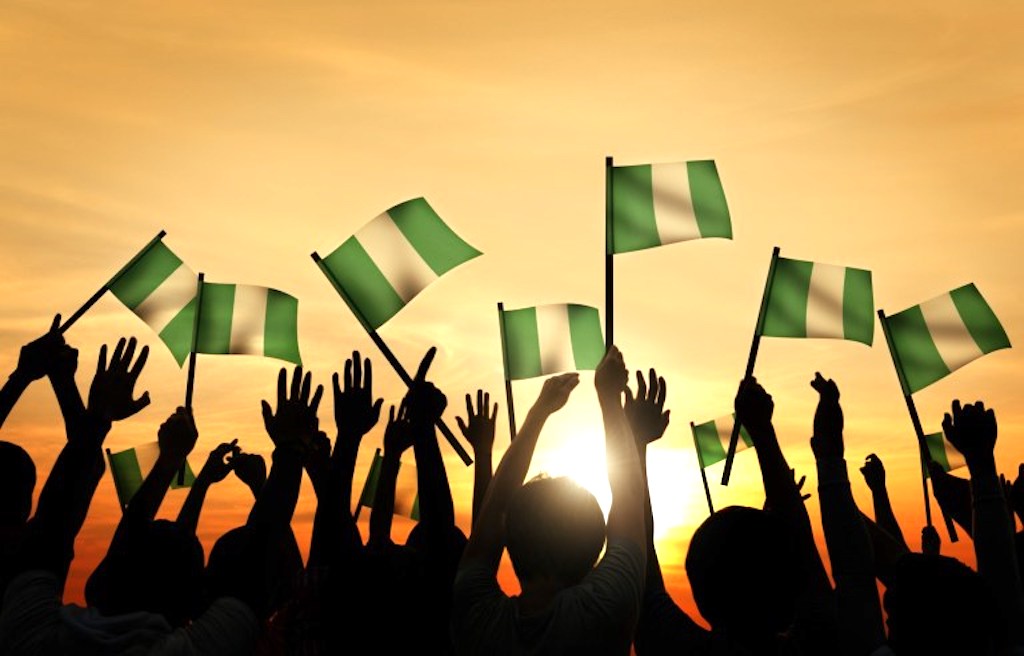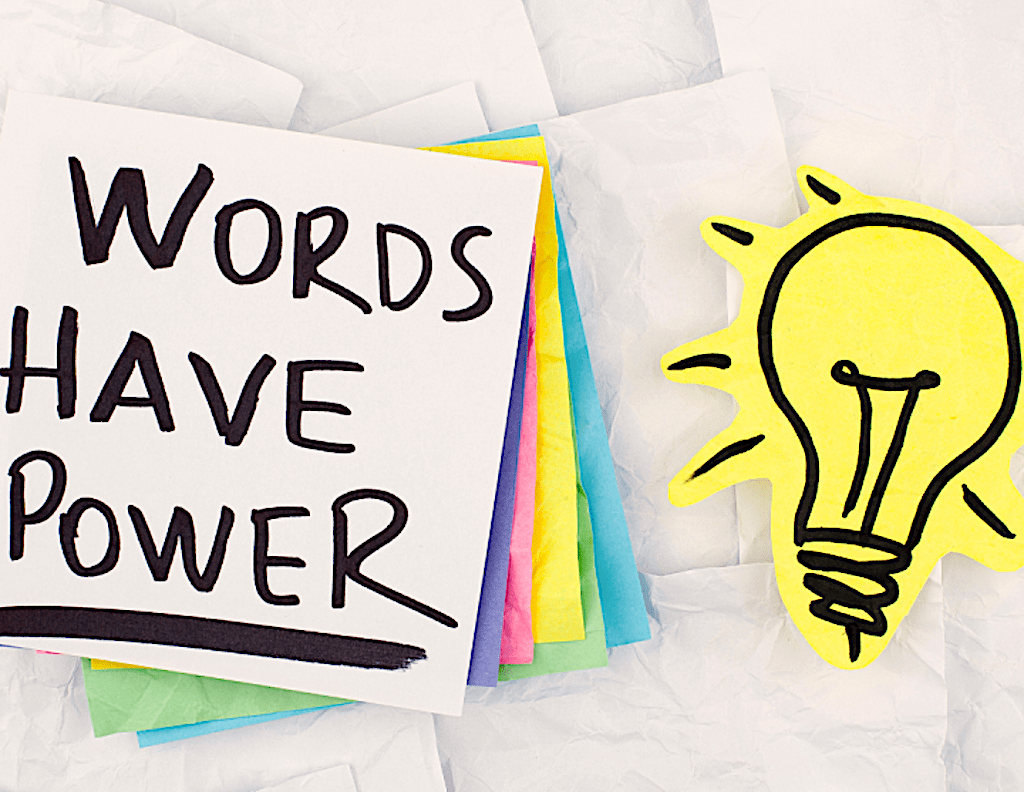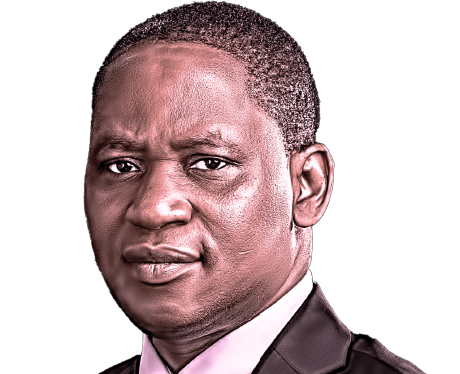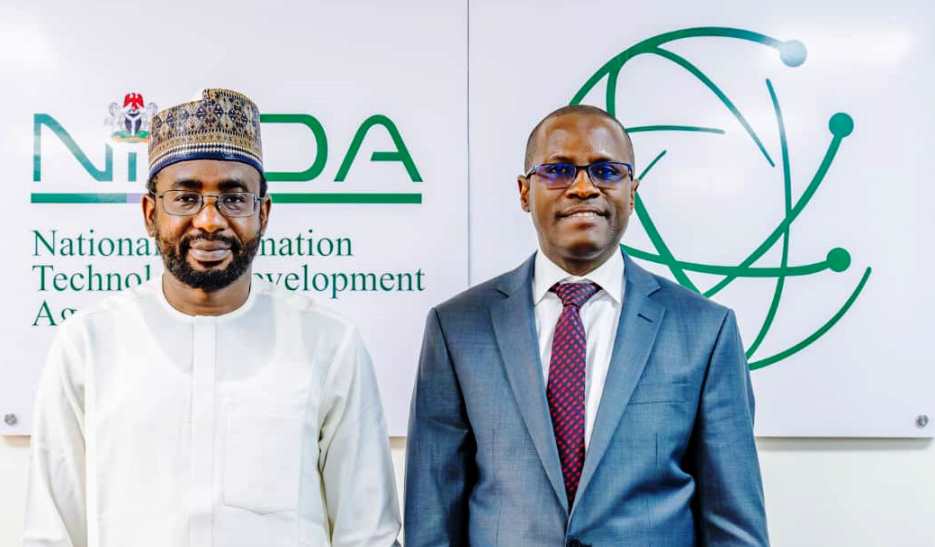
On the first day of October, Lagos played host to The Platform Nigeria—an event widely regarded as one of the country’s most influential forums for national dialogue. In a city known for its relentless energy and ambition, The Platform stands out as a rare space for collective introspection. Participants see it as more than a conference: it’s a powerful gathering where citizens, business leaders, and policymakers reflect on Nigeria’s social contract, and rekindle shared responsibility for the country’s trajectory.
This year’s event made an especially strong impact, mirroring themes I had explored in my earlier reflections on Nigeria’s linguistic diversity, “Beyond Babel: Nigeria and the Symphony of Tongues.” As speaker after speaker took the stage, the discourse transcended mere rhetoric. But it was Ndidi Nwuneli, the renowned social entrepreneur and president of the ONE Campaign, whose message cut to the heart of Nigeria’s predicament. “The stories we tell about Nigeria will determine the Nigeria we inherit tomorrow,” Nwuneli stressed—her words drawing sober agreement from both seasoned public figures and emerging young leaders.
Nwuneli highlighted how the narratives Nigerians create—through public conversations, social media, or even everyday complaints—leave deep marks on both local attitudes and external perceptions. As she explained, “These stories aren’t harmless. They gradually become stereotypes, and those stereotypes shape the decisions of investors, embassies, policy-makers, and even the self-belief of everyday Nigerians.” According to reports from the African Development Bank, this negative global perception reportedly adds a “prejudice premium” to Nigeria’s borrowing costs, costing Africa an estimated $75 billion annually in lost revenue and inflated interest rates.
She noted that global investors don’t rely on policy documents alone; they pay attention to informal cues and local conversations. Narratives about chaos or corruption can make international partners hesitant, while positive stories can unlock new opportunities. In essence, “Our stories can be the scaffolding for development or the walls that hold us back,” as Nwuneli aptly summarized.
Listening to these arguments, I realized that this isn’t just a matter of economics; there’s a profound spiritual dimension as well. Quoting Proverbs 18:21—“Death and life are in the power of the tongue, and they that love it shall eat the fruit thereof”—the panel drew attention to the immense creative force of words. Just as creation in many cultural traditions began with spoken intention, the language we use daily continues to shape Nigeria’s social and even political environment. In the words of a respected Lagos-based pastor, “If we continually speak darkness, we cannot expect to see light.”
Too often, everyday language on the streets and online is filled with frustration: “Nigeria is finished” or “Nothing works here.” According to Dr. Sophia Martins, a psychologist familiar with West African societies, “repeating such phrases becomes a form of collective self-fulfilling prophecy—it erodes hope and determination.” In contrast, positive affirmations—“Nigeria will rise again” or “Greatness will emerge from Nigeria”—are not acts of denial, but seeds of possibility. As research in social psychology suggests, nations and communities often rise to the level of their collective expectations.

It’s crucial to clarify that choosing hopeful words does not mean ignoring Nigeria’s ongoing struggles. The nation continues to wrestle with challenges from insecurity and corruption to the “japa” phenomenon—where many of the brightest minds and young professionals seek opportunities overseas. Political instability, weak institutions, and gender inequality persist stubbornly. However, naming a problem, experts argue, is the first stanza of a solution; dwelling on it or glorifying negativity does little to inspire progress. “We must name our wounds but refuse to wear them as badges of identity,” said Lagos University political scientist Tunde Oyeleke. “Endlessly cursing the soil is no way to cultivate a harvest.”
The principle is simple but profound: the words spoken today shape tomorrow’s reality. Nigeria’s current challenges, in part, echo years of negative narratives and resigned attitudes. “If we want a different tomorrow, we need to start changing what we say today,” Nwuneli urged. She called for a deliberate campaign—at home, in classrooms, media, and community spaces—to amplify success stories, resilience, and innovation as well as to speak boldly of the Nigeria people aspire to see. Such deliberate, positive confessions—rooted in ancient tradition and modern psychology—can be catalysts for real change.
This is not to be confused with naïve optimism. As sociologist Dr. Akin Adesina explained, “Words travel further than we realize—they influence investor briefings, shape diplomatic reports, and color everyday conversations abroad.” Persistent negative narratives keep nations trapped in cycles of underachievement, while consistent positive narratives can help unlock progress. “It is possible to be imprisoned by nothing more than a story,” Dr. Adesina added. The reverse—a unified, confident confession—can mobilize a society for renewal.
Consider the evidence all around us: From Afrobeats superstars topping international charts to Nigeria’s promising tech sector, ordinary Nigerians are steadily defying odds and reshaping how the world sees Africa. Nigerian authors receive global recognition; local innovation hubs attract the world’s leading venture capitalists; and remittances from the Nigerian diaspora outpace many oil exports. According to the World Bank’s 2023 Migration and Development report, Nigeria remains one of the top recipients of remittance inflows in Africa. Yet, despite these triumphs, the dominant narrative at home can still be one of despair. Prominent voices such as Ghanaian social activist Lydia Sasu note that “balancing the narrative—acknowledging both hardship and hope—is vital for healing and progress.”
As I departed The Platform in Lagos, a sense of responsibility lingered with me. Transforming Nigeria won’t depend only on legislative reforms, transparent elections, or new leadership. The words of the people—spoken daily in offices, markets, and family gatherings—are equally powerful. As communication specialist Chijioke Nwosu puts it, “Words are currency in the global market of perception. They attract trust, open doors, and negotiate opportunities, or they repel them just as quickly.” This philosophy is embodied by many Americans, who often end formal and informal gatherings with: “God bless America.” Far from mere patriotism, it’s a ritual reinforcing collective optimism.
For Nigerians eager for a better future—for reform, fairness, economic growth, reconciliation, and renewed dignity—the challenge is clear: cultivate a national habit of speaking life and potential over Nigeria. One simple, yet profound, action: Ending our meetings, prayers, or even debates with “God bless Nigeria.” This isn’t an empty slogan—it is a declaration meant to uplift the soul of the nation and plant hope in every listener. As local history teaches, and global examples confirm, united confessions can shape reality. From the confusion of Babel to the hope of a united tongue, let our words be the seeds that create the Nigeria and Africa that the next generation deserves.
Join the conversation—drop your opinions below! If you have a powerful story or insight to share, or even a tip about what’s happening in your area, we want to hear from you. You can get your story featured or discuss story sales by reaching out at story@nowahalazone.com.
For general support, email us at support@nowahalazone.com.
Follow us for more local and global updates on Facebook, X (Twitter), and Instagram.
Your voice matters—let’s build a stronger Nigeria, one story at a time!










